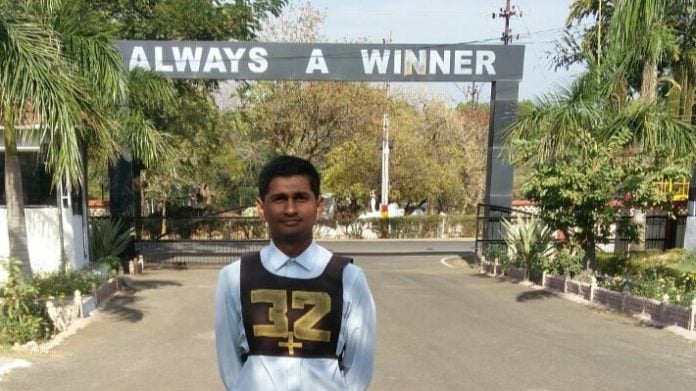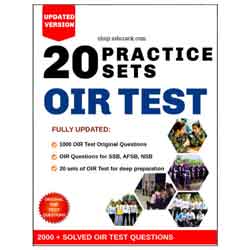The Air Force Selection Board (AFSB) is responsible for selecting officers for the Indian Air Force. If you aspire to join the IAF as an officer, you must undergo an interview conducted by this board, which differs significantly from civilian interviews.
The AFSB interview includes various tests that assess your personality, physical fitness, psychology, and general awareness.
What is AFSB Air Force Selection Board
AFSB plays a crucial role in recruiting officers for the Indian Air Force, and there are four AFSB boards located in different cities: Dehradun (1 AFSB), Mysore (2 AFSB), Gandhinagar (3 AFSB), and Varanasi (4 AFSB). The newest of these selection centers is 3 AFSB.
One of the unique aspects of AFSB is that it possesses the necessary equipment to test the aptitude for military flying, particularly for aspiring pilots. This Computerised Pilot Selection System (CPSS) test is essential for candidates aiming to join the aviation branch of the Army, Navy, or Air Force. CPSS tests are exclusively conducted at AFSB centers.
Also Read: AFSB Interview Questions and Answers
Though AFSB is similar to SSB (Services Selection Board) in many ways, the primary distinction lies in the administration of CPSS tests, which are exclusive to AFSB. The general testing procedures and patterns remain consistent in both AFSB and SSB, with only minor differences in scheduling and some testing aspects.
Air Force Selection Board Testing
The testing process at AFSB is conducted in two stages. After completing Stage I, candidates who qualify are required to stay for the next five days. Stage I consists of PPDT (Picture Perception and Description Test) and OIR (Officer Intelligence Rating) Tests. In Stage II, candidates undergo Psychological Tests, GT (Group Testing) series, and a Personal Interview.
Typically, candidates are asked to report early in the morning, and they are provided transportation from the Railway Station to the respective AFSB. Stage I testing takes place, and by the afternoon, the results are declared.
Those who pass this stage are retained for further evaluation, while the rest are sent back to the Railway Station. The remaining candidates then proceed with the Stage II testing.
Air Force Selection Board General Schedule
- Day 1: Phase 1- Officer Intelligence Rating and Picture Perception & Discussion Tests.
- Day 2: Psychological Tests and PABT for Flying Branch candidates
- Day 3: Group Tests/ Interviews
- Day 4: Group Tests/ Interviews
- Day 5: Group Tests/ Interviews
- Day 6: Group Tests/ Interviews, Board Conference
How can I appear for AFSB Air Force Selection Board
You have the option to apply for the NDA, CDSE, and AFCAT exams to join the Air Force. After clearing the written exam, successful candidates will be invited to undergo AFSB testing. For more detailed information, please refer to the specific articles about these exams on our website.
Life in AFSB Air Force Selection Board
At AFSB, candidates are offered complimentary meals, accommodation, and a travel allowance (TA, applicable only for first-time candidates). During their free time, they can engage in various indoor and outdoor games such as chess, carom, table tennis, pool, cricket, volleyball, basketball, and more.
It’s important to note that carrying mobile phones or cameras is not allowed within the center. Candidates are provided with shared rooms, with room sizes varying among different AFSB boards.
The days spent at AFSB are truly memorable, as they offer the opportunity to forge friendships with individuals from all corners of India. The experience at AFSB and SSB (Services Selection Board) imparts invaluable life lessons within six days that surpass what one might learn in a year at school or college.
Also Read

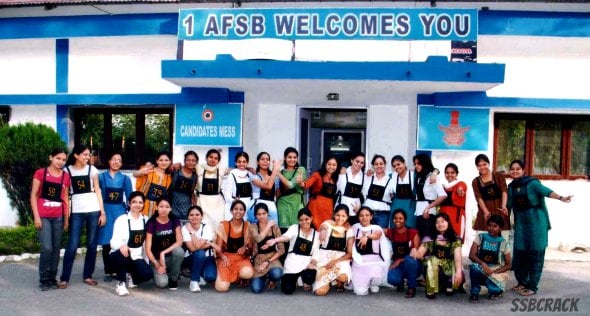

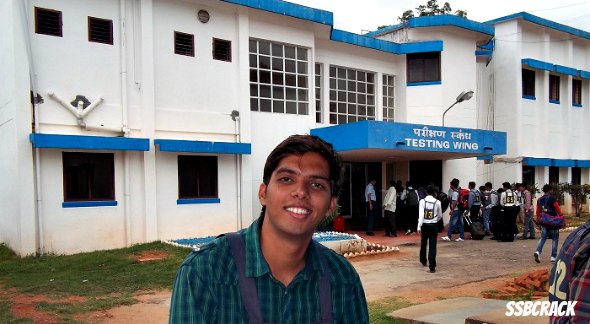
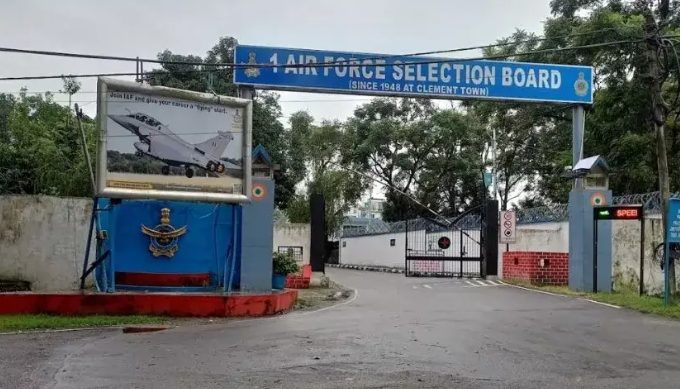


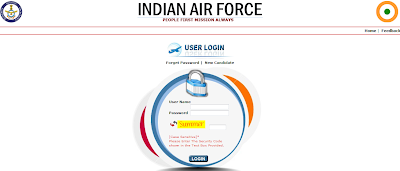
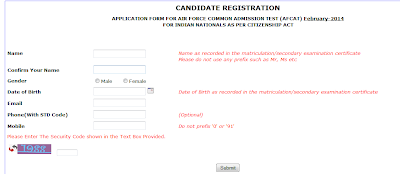
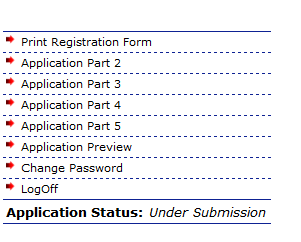
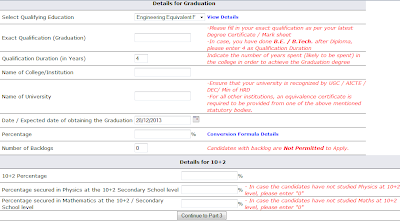
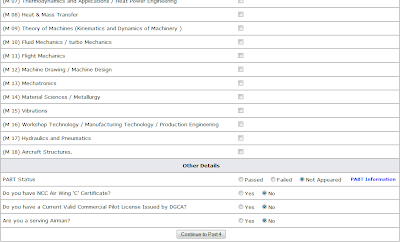
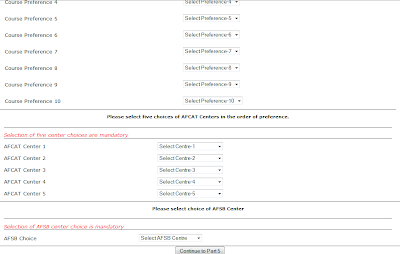
.png) About SSBCrack Editorial Team
About SSBCrack Editorial Team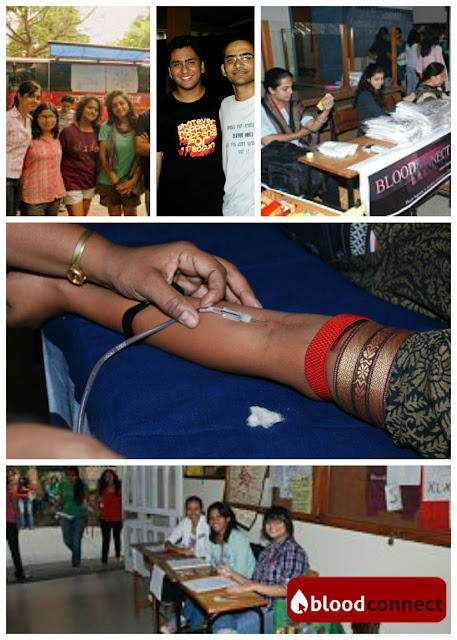

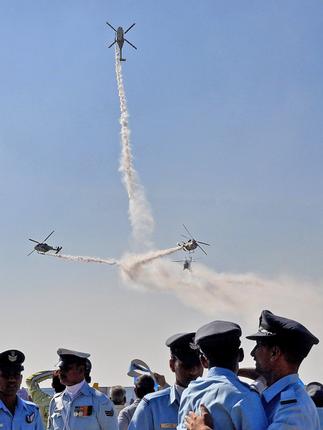
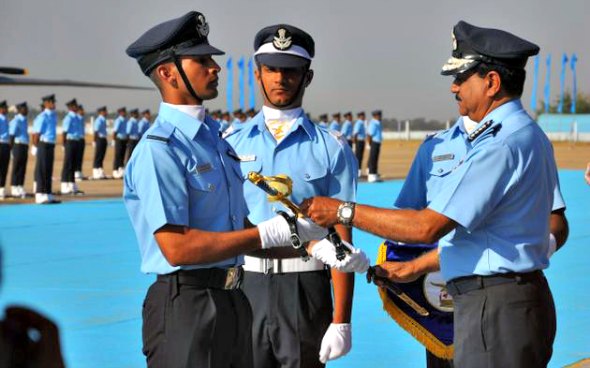

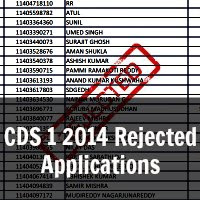
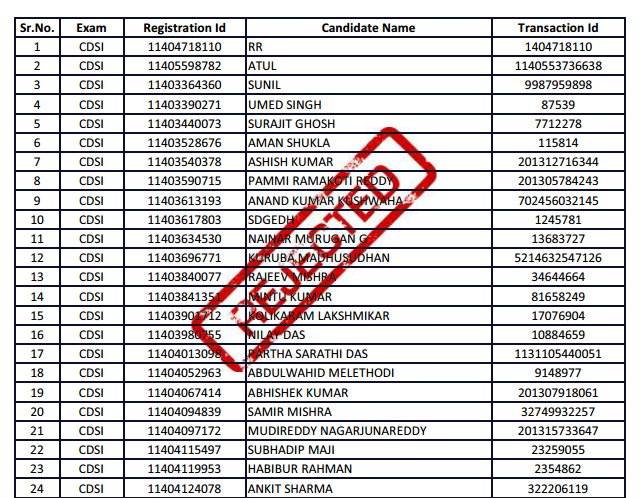


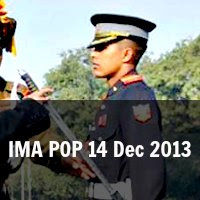
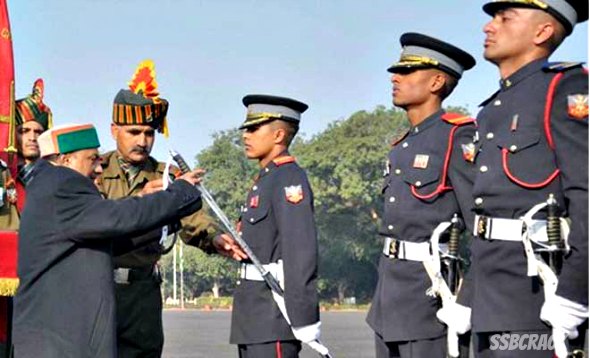


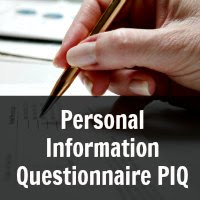
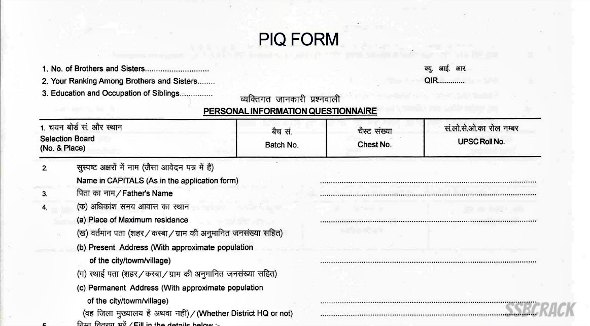
 Rishabh, Editorial Team
Rishabh, Editorial Team